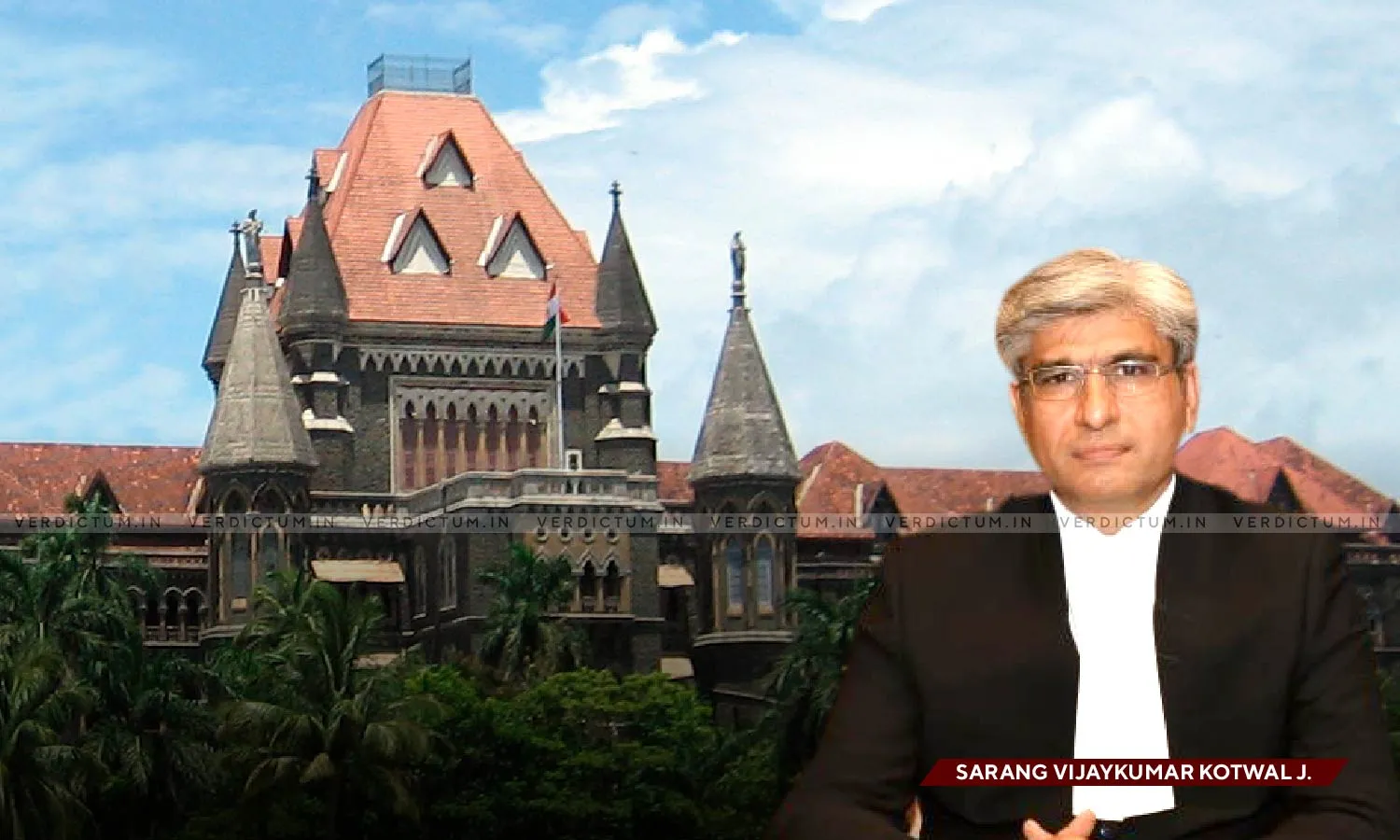Bombay HC Reduces Sentence Of Ex-Constable Convicted Of Sexually Assaulting Minor Boy On Ground Of Good Behaviour In Jail

The Bombay High Court while dealing with an appeal filed by former police personnel who was convicted of sexually assaulting a minor boy reduced the substantive sentence imposed on the appellant on the ground of good behavior and conduct in the jail.
A Bench of Justice Sarang V. Kotwal was dealing with an appeal through which the appellant had challenged the judgment and order passed by the Additional Sessions Judge and Designated Judge for POCSO, Greater Bombay. The Bench held –
"As far as the sentencing part is concerned, the applicant is in custody for more than eight years. He was an under-trial prisoner for a considerable period. He has sent applications through jail annexing various certificates showing that his conduct in the jail is good and satisfactory. He has helped his co-prisoners and was granted various certificates for his good behaviour. In the meantime, he has lost his mother. He was in custody for a long period. At the time of commission of offence, the minimum punishment provided under Section 4 of the POCSO Act was seven years. He has undergone one year more than the minimum sentence. His conduct in the jail is satisfactory. Therefore, I am inclined to reduce the substantive sentence imposed on him to the period which he has already undergone. It is more than the minimum sentence that was provided under Section 4 of the POCSO Act on the date of offence."
The Court while disposing of the appeal also noted that the Trial Judge has properly appreciated all the aspects and convicted the appellant and has also given proper reasons for the same.
Advocate Aashish Satpute appeared for the appellant while Advocate M.R. Tidke represented the respondent.
Facts of the Case –
The victim aged 17 years was residing with his elder brother and two sisters and his parents were separated. His father had remarried and was residing with his second wife. The victim used to help his brother in selling vegetables and on the day of the incident, a quarrel between the victim and his brother took place and he was slapped by his brother. Being annoyed with this, the victim left the house after midnight and was going to his father's house. On his way, the appellant who was riding a motorcycle offered him a lift to his father's house. They first went to a pan-stall and then the appellant took him to the terrace of a building and committed the offences under Section 377 of IPC and Section 4 of the POCSO Act. It was alleged that at the point of a knife the appellant forced the victim to hold his private parts in his hand and forced him into oral sex. Thereafter he committed the act which would amount to unnatural carnal intercourse. The appellant was a constable who was suspended from his service much before such an incident.
The appellant then gave the victim his phone number and the victim had noticed a peculiar key-chain of him. The victim was left near his father's house by the appellant and after reaching home informed his father about the incident. An FIR was registered and the investigation was carried out. The appellant got arrested and the DNA report showed that the semen stains on the underwear of the victim matched with the DNA profile of the appellant. Hence, a chargesheet was filed and the trial was conducted before the Special Judge. The Judge convicted and sentenced the appellant by relying on the medical evidence. The appellant was convicted for offence under Section 377 of the IPC and was sentenced to suffer rigorous imprisonment of 10 years along with the fine of Rs. 20,000/-. He was also convicted under the provisions of the POCSO Act. The matter was therefore before the High Court.
The High Court noted, "… though learned counsel tried to submit that there is a possibility of tampering with the clothes of the victim PW-1, it still does not answer the question as to how the appellant's semen stains would appear on the PW-1's underwear. The defence taken by the appellant that his semen was collected in the police station is hardly acceptable. No such suggestion is given to the investigating officer. No such grievance is made by the appellant anytime before or during the trial."
The Court further noted that the prosecution has sufficiently proved the blood samples of the victim and appellant that were properly sent for DNA test.
The Court, therefore, ordered, "... instead of substantive sentence of ten years, the appellant is sentenced to suffer RI for the period which he has already undergone. The sentence of imposing the fine amount remains unchanged."
Accordingly, the Court partly allowed the appeal.
Cause Title - Vilas Shantaram Kaldhone v. The State of Maharashtra & Anr.
Click here to read/download the Judgment


